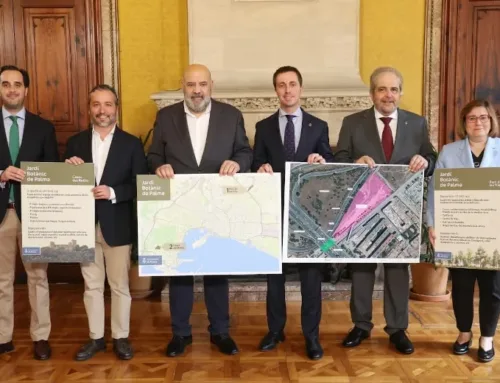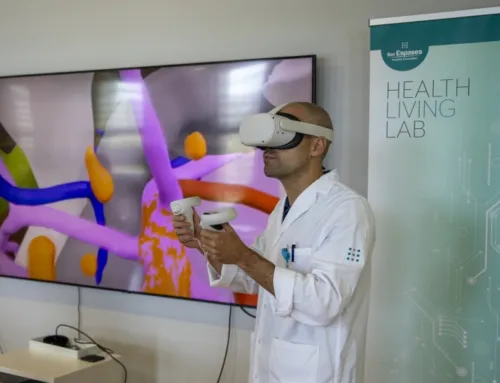In 2022, three out of four SMEs in Balears (73%) had a low or very low level of digitalisation, reflecting a significant challenge for the technological modernisation of small and medium-sized enterprises on the islands. This percentage is similar to the national average (72%) and higher than the European average (68%). Despite efforts, in 2024, the data in Balears remains similar (71%), while the rest of Spain has made greater innovative efforts (67%), getting closer to the continental average (66%).
It is worth noting that digitalisation includes aspects such as electronic sales, security in Information and Communication Technologies (ICT), the use of artificial intelligence, and the hiring of specialised personnel, among others.

Regarding digital services, 69% of Balearic SMEs have a basic level, while 31% still have a very low level. These figures are below the national average (75%) but above the European average (58%). Compared to other European countries, Balearic SMEs are at an intermediate point but far from the European Commission’s target of achieving 90% digitalisation by 2030.
Boosting digital transformation
The vice-president and minister of Economy, Finance and Innovation, Antoni Costa, together with the director general of Innovation and Digital Transformation, Sebastián González, have presented the ‘Turboconvo’, a call for €3.7 million in grants aimed at fostering innovation and digitalisation in Balearic SMEs. This call, which had not been held since 2018, includes programmes to enhance SMEs’ capacity for innovation, create innovative business clusters, promote digitalisation, business acceleration, open innovation, and the organisation of innovation-related events.
The grants, co-financed by European Feder funds, will be distributed in annual allocations until 2028: €899,000 in 2025, €1,242,000 in 2026, €1,237,000 in 2027, and €322,000 in 2028. This initiative is part of the Regional Innovation Strategy for Smart Specialisation (RIS3) of the Balearic Islands for the period 2021-2027.
“This line of aid clearly demonstrates the government’s commitment to transforming our economic model, based on innovation and technology as key pillars. Insularity presents challenges for our businesses, making it necessary to strengthen their competitiveness to achieve sustainable economic development and the social well-being we aspire to,” Costa stated.







Leave A Comment